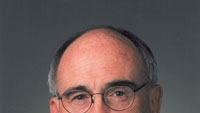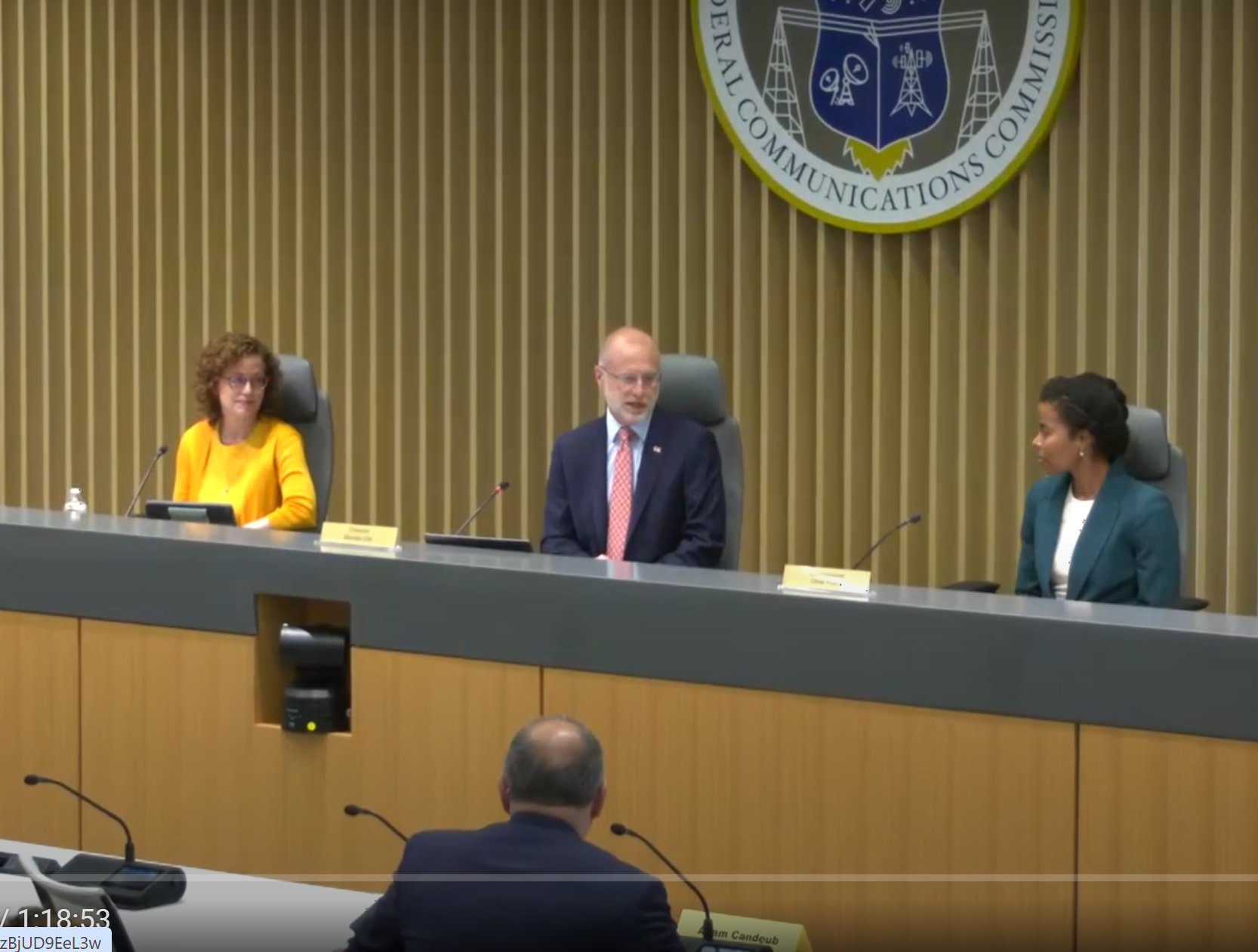
The FCC’s National Broadband Plan raises a serious, unanswered question in the mind of Jim Goodmon, president and CEO of Capitol Broadcasting, and the person responsible for putting WRAL-TV in Raleigh-Durham, NC, on the cutting edge of DTV broadcasting with the launch of over-the-air HDTV service in July 1996: Why target the broadcast industry for spectrum?
The plan, presented to Congress March 16, calls for recouping 120MHz of spectrum currently used for DTV transmission, which can be auctioned and repurposed to support projected future demand for wireless broadband Internet service.
Doing so will prevent broadcasters, who have toiled through a lengthy DTV transition, from fulfilling their highest potential, he said. “I think we are right now at our best,” Goodmon said. “We’ve never before been able to do so much, and I have no idea why they [the FCC] have abandoned us. Of all the spectrum out there, you want to pick the spectrum that provides free local news to people?”
Goodmon, when he spoke to Broadcast Engineering, expressed serious concern over a March 11 speech by former FCC Chairman Reed Hundt at Columbia Business School in New York City. Click here for Part 1 of Goodmon’s interview, and here for Part 2.
Hundt explained that the government long ago decided to make broadcasting the common medium of the nation. However, during his chairmanship (during the Clinton administration), he and his advisors quietly decided the Internet should replace broadcasters in that role, which among other things led him to delay the DTV transition, he said.
“I would say that the FCC — the chairman [Julius Genachowski] and his advisors — no longer support the idea of free over-the-air television,” Goodmon said. “They can obviously expand broadband and take care of their whole broadband plan and never touch broadcast spectrum.”
Goodmon questioned why the commission is proposing to take back 120MHz of broadcast spectrum just as the broadcast industry is reaching its digital zenith. “I call this the golden age of broadcasting. We’ve got it all together now … this is a wonderful time for broadcasting. This whole idea [of reclaiming broadcast spectrum] comes as a real shock,” Goodmon said.
The professional video industry's #1 source for news, trends and product and tech information. Sign up below.
Everyone is interested in ensuring that the public has affordable access to broadband Internet service, but there is no reason to target the broadcast spectrum to meet that goal, he said.
While the commission may press ahead with the plan, Goodmon refuses to be pessimistic about the future prospects of broadcasting. Nothing will happen until Congress approves the plan, and Goodmon said he expects the industry to make a strong case to lawmakers to protect broadcast spectrum.
Still, he is not happy about how things have transpired so far. “I believe we can talk this through; I believe that there’s something that will happen here; but I certainly do feel neglected and attacked here right out of the gate,” he said.
Editor’s note: The two podcast interviews with Jim Goodmon shed more light on how this DTV pioneer is reacting to the National Broadband Plan and how it is impacting WRAL-TV. Click here for Part 1 and here for Part 2.
Phil Kurz is a contributing editor to TV Tech. He has written about TV and video technology for more than 30 years and served as editor of three leading industry magazines. He earned a Bachelor of Journalism and a Master’s Degree in Journalism from the University of Missouri-Columbia School of Journalism.

